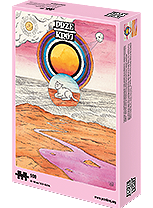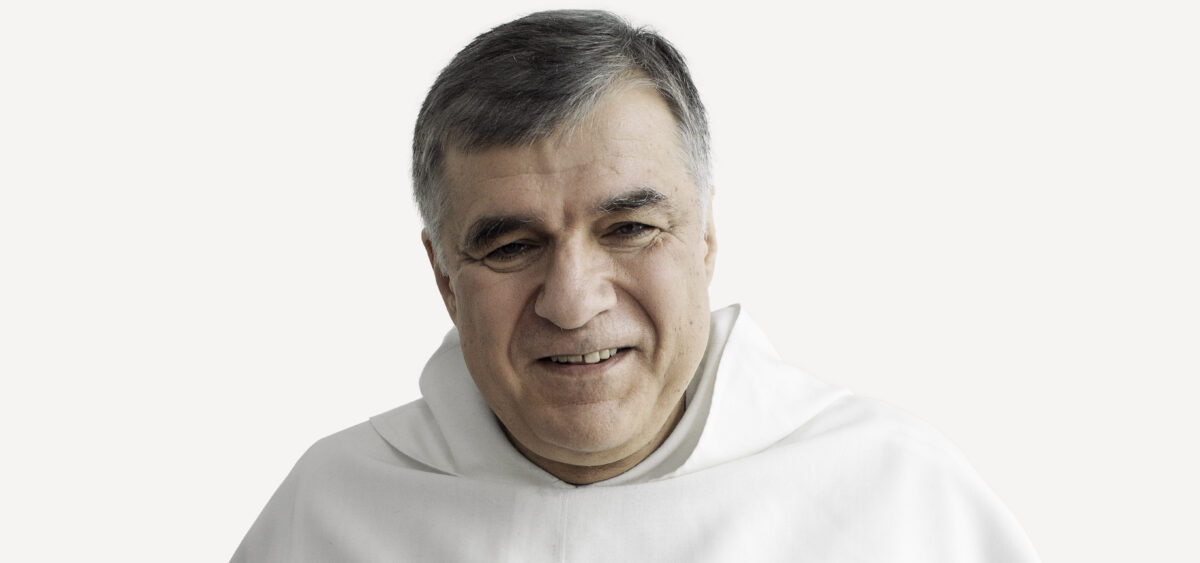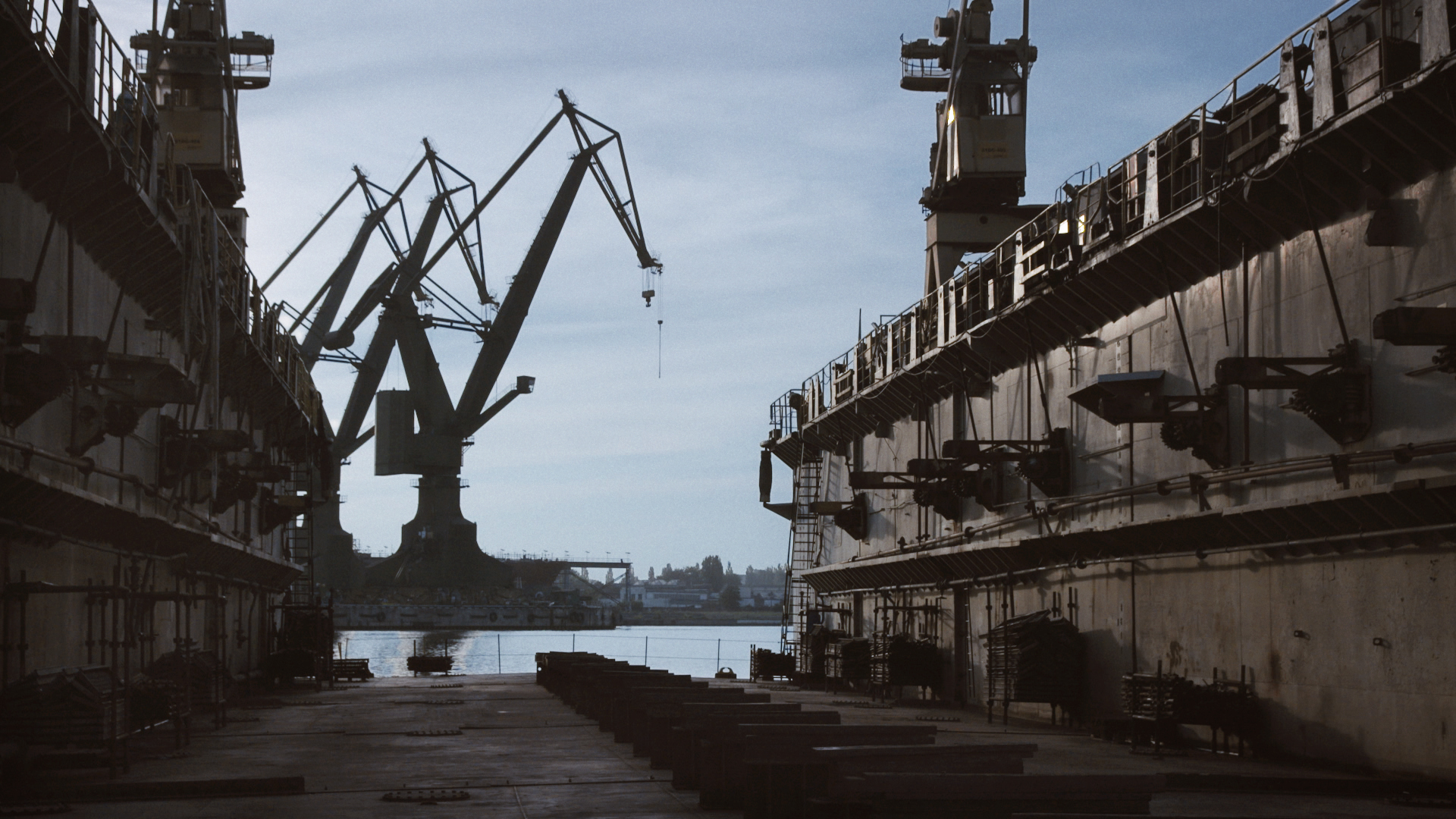
How has the pandemic changed us? Has it made us better people? Or on the contrary? Father Maciej Zięba, one of the most extraordinary figures in the Polish Roman Catholic Church, answers difficult questions.
Kamil Bałuk: How do you cope with fear during the pandemic, Father?
Maciej Zięba: I analyse the statistics.
Statistics?
I look at the changing numbers of infections and deaths. Not only in Poland, but in all countries: from the States to Belgium and Sweden. I steer clear from Chinese and Russian data, as it is not very reliable. Such a view of things helps control anxiety levels. I have a degree in physics, we had probability theory and statistical analysis methods in the curriculum.
Wait, what about prayer?
It is very important. Which does not change my belief in hard data. My scientific background helps me verify newspaper headlines and medical prophecies. “Drastic Increase in Infections”, I read, and then I look at the curve and see that it is not quite as drastic. Apart from that, I cultivate the emotions within me.
How do you do that?
I consider whether my reaction is adequate. When a person is afraid of a gun barrel pointing at their temple, their fear is justified. But when they are afraid of a spider or a mouse, it is less so. The key is to respond appropriately to a given stimulus. And stimuli must first be understood, or best – examined. For instance, a century ago, during the Spanish flu pandemic, there were 1.5 billion people living in the world. Out of that number one third, i.e. 500 million, contracted the disease, and 60 to 90 million are estimated to have died. Leaving the house was a terrifying prospect back then. At present, going outside is not excessively risky. Of course, while analysing it all, I am filled first and foremost with compassion for those who died; thinking of Italy, Spain, the United States, where many of my friends live. But it is all about managing my fear. However, pastoral care is another matter altogether.
Are figures not helpful in this case?
The priest has to enter the world of a given person, not statistical figures. I can gently suggest to someone that their fear is inadequate. But my task is to empathize with them. When a person who is afraid of the pandemic calls me, I switch my probabilistic considerations off and I simply hear them out. I do not lecture them along the lines of: “You’re exaggerating, the probability of you getting sick is low, and of you dying – even lower.” Well, perhaps I would say something like that to IT students.
Has this rational mindset proved useful to you in the past, Father?
Faith,





